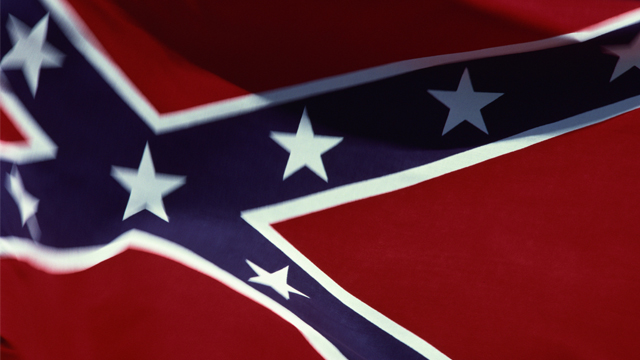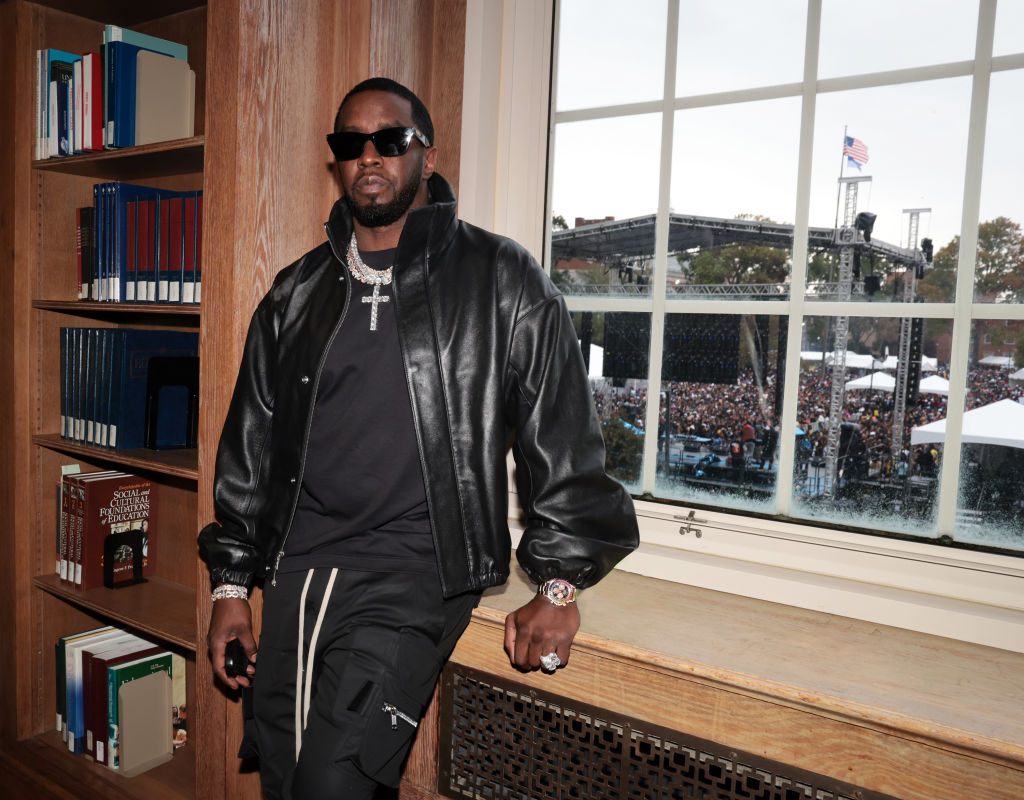Can Stop, Must Stop: Reckoning With The Industry And Culture That Supported Sean Combs

Sean Combs photographed at Kim Porter’s funeral Source: Splash News / Splash News
Sean “Diddy” Combs sitting in a federal jail cell in Brooklyn — and without bail — as he awaits trial feels like a victory in and of itself. Before he was arrested on Sept. 16 — and before the fast-flowing river of new or resurfaced allegations began — we hadn’t yet recovered from seeing the video released in May.
In that recording, suppressed from public view since 2016, Combs was shown viciously beating and kicking his then-girlfriend, Cassie Ventura, in front of a hotel elevator bank. As she’d claimed in filing the lawsuit, he refused to let her leave, despite her multiple attempts to escape. That video alone had many wondering how Combs was still walking around free all summer after the world saw that brutal assault.
Which is why his arrest and remand have felt like a complete moment of victory. But there can be a universe of difference between something feeling like a complete victory and something actually being one. And a complete victory is what is finally deserved.
Don’t we want more?
The American way of punishment is almost inexorably bound to the idea of holding accountable the acts of a single person. Diddy’s facing a maximum prison sentence of life if he’s convicted on the current federal charges, which include sex trafficking.
Holding individuals accountable to a community they’ve agreed to be part of is how any society is able to run best and peacefully for all members. But that only works when the society is dedicated to holding a mirror up to itself; a society willing to hold its own culture and norms to account.
It’s worth repeating: There’s no excusing any of the currently alleged behaviors which Sean Combs has been charged; nor for what we’ve seen with our own eyes on video.
But it is to ask, don’t we want more? Don’t we deserve more?
This is America

Source: Thinkstock
Combs’ choices did not happen in a vacuum. The music and entertainment industries, particularly where they intersect with rare wealth and power — as in Combs’ case — have long been breeding grounds for the worst, most sickening and life-altering (and ending) abuse. From sexually assaulting and raping vulnerable artists to stealing artists’ creativity, work and wages, there have been few, if any, lines that could not be crossed for those in power.
The very term “casting couch” first was used during the silent film era in 1924, the Atlantic reported back in the fall of 2017 when the decade-long Tarana Burke-founded and launched Me Too was hashtaged and Hollywooded.
In that story, the Atlantic led with Glenn Close’s outrage that the “…‘casting couch’ [was still]… a reality in the [film and entertainment] business and in the world.” She couldn’t believe that sexual violence continued to be “…normalized in an industry dominated by powerful men.”
It was an industry that allowed Sean Combs to embrace his own demons, let them rule, let them be protected. And a Harvey Weinstein. And an R. Kelly. And from at least the wealth and power side of the work, a Jeffrey Epstein. They emerged and were protected because rape and other forms of brutality has always been wielded by those to whom society gives power over those from whom society steals and denies it.
Rape, abuse, torture, theft and humiliation — bondage in the many ways it manifests — is older, more fundamental, more defining, more respected and more American than the Declaration of Independence.

Source: Patrick McMullan / Getty
Eight years ago, this nation elected a member of the entertainment industry and wealth culture as its president, even as not only credible accusations of rape, theft and abuse loomed large above him. He was a man who in fact defended his right to sexually assault women and to cheat everyone from his workers to the government he said was capable of leading. Publicly.
That same man is allowed to run for president right now, despite being held liable — civilly guilty — of the rape of E. Jean Carroll, in the mid-1990s and his subsequent defamation of her. But getting away with rape? That was cemented just as Sean Combs was figuring out how he was going to save his career.
Over the next many, many months — as long as it takes — NewsOne will follow the case against Sean Combs. For us that means not only reporting on Combs, but also considering any unnamed co-conspirators who showed him all the lines that he had the right to cross and then erase with impunity. The bodyguards who we suggest actually protected Sean Combs were the kinds who need never carry weapons. They owned the soldiers.
Because if there’s one thing that will almost surely be stipulated to by both sides, it will be that a wide swath of people who operated at multiple of levels of power, knew. Combs’ accusers were mostly not harmed in the dark. They were harmed under the lights of cameras and hotel hallways.
How else could the members of the hotel’s security team who saw or knew about that tape of Cassie being mercilessly attacked keep that a secret over eight years? None of them had one drink too many and started telling a stranger at a bar? Every one of them resisted the urge to get some romance by bragging that they had a mogul on tape doing something he wouldn’t want to go public? Every one?

Source: Allison Shelley / Getty
“Do you know how powerful you are?”
Sean Combs ~ Howard University Commencement Address ~ 2014
Can this be the industry’s — and this generation’s — Watergate, but one whose calls for change last more than six years? Can we now ask about the titans of industry the two questions posed then by two young Washington Post reporters, Bob Woodward and Carl Bernstein, about Richard Nixon: “What did the president know and when did he know it?”
Can we consider and follow to its true end the instruction offered by the person first called Deep Throat: “Follow the money”?
Because as our colleague Monique Judge argued so forcefully last week: There is no defending Sean Combs.
We join her conversation with an and, as in: And these vulgarities must also be traced to the river’s source, to those, who at this writing, remain untouched. Those for whom this industry’s abuse was not a discovery. It was an inheritance.
It’s an and that includes and is driven by a greeting long-shared by the Maasai of Kenya. They do not begin conversations with one another by asking, How are you?
They begin with these words — Eserian nakera — which translated to English means: And how are the children?
The answer to that question is how any society — from its capital to its corners — can accurately be judged.
SEE ALSO:
Lawsuits Keep Alleging Diddy Plied Sex Assault Victims With Drugs
‘They’ll Hurt You Every Time:’ Prince Tried To Help Us Heal 40 Years Ago With His Film ‘Purple Rain’
The post Can Stop, Must Stop: Reckoning With The Industry And Culture That Supported Sean Combs appeared first on NewsOne.





Post a Comment
0 Comments